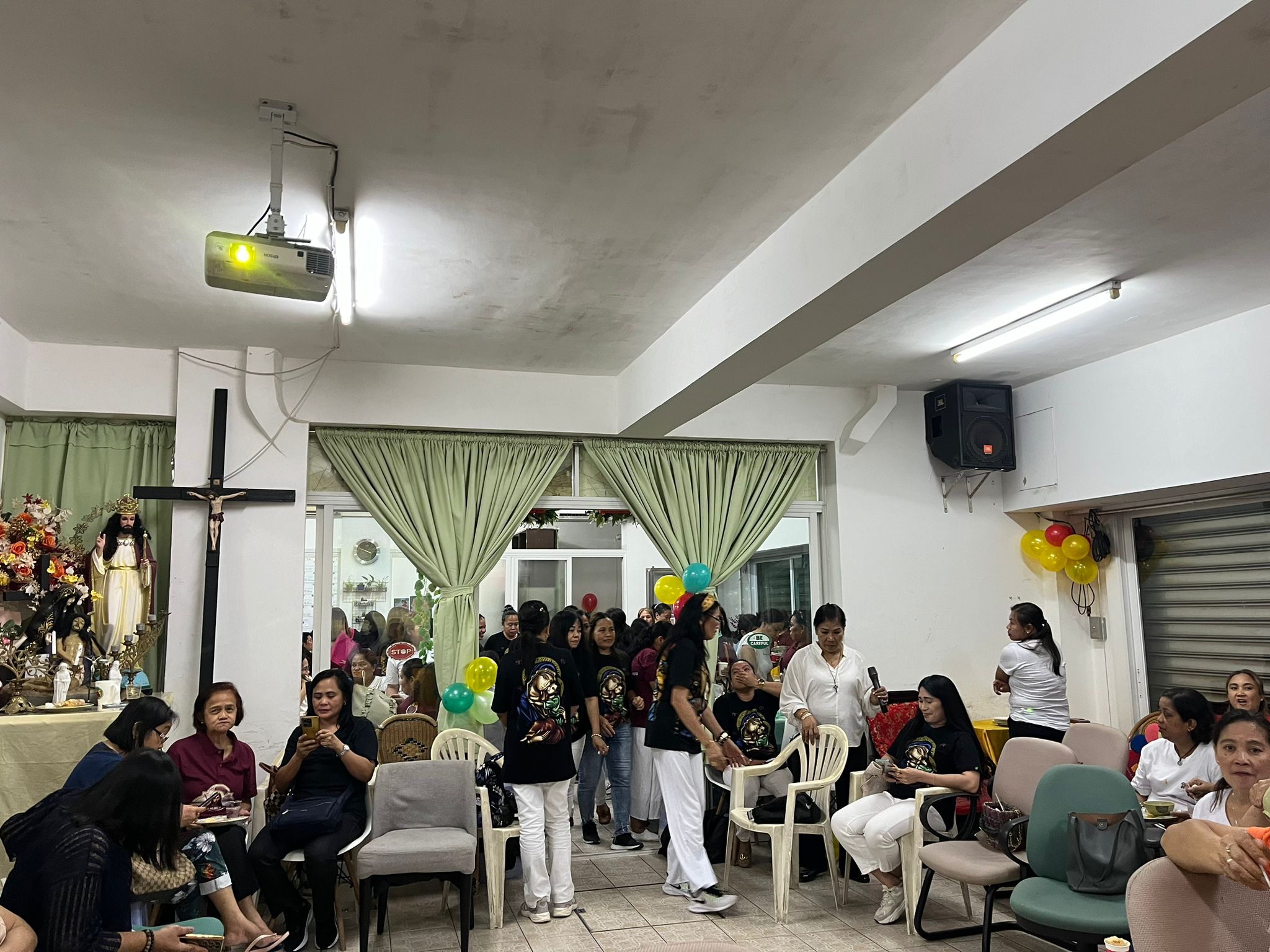Helping Others See and Live God’s Plan of Goodness
30th Sunday in Ordinary Time – October 27, 2024
Gospel Reflection – Mark 10:46-52
Fr Leonard E Dollentas
Today’s gospel brings us to Jericho, the oldest city in the world. If you visit there, it’s a wonderful tourist site as well, because on top of old Jericho is the newer Jericho, and it’s a beautiful place in an oasis area with lots of water around.
The gospel relates that in Jericho, a crowd gathers very quickly, for Jesus of Nazareth has become a celebrity and, wherever he goes, the crowds press upon him. The crowds include many of his enemies who want to see him destroyed, as well as the many people who long to hear him tell his stories and meet with them. Suddenly, a blind beggar, Bartimaeus by name, cries out from his place by the roadside. He is a beggar. He’s a ragged little man. He has no home, no place, no hope, no anything, and yet he’s the hero of today’s story. He cries out in a loud voice, “Jesus, son of David, have pity on me.” There’s an old saying: pity is stronger than love. If you look for love, you’ll be terribly disappointed, but pity is something that we hand out quite nicely. So, he figures he will appeal, not to the fact that he’s a decent man, but that Jesus from Nazareth, he had pity on him.
The people tell him to keep quiet. They’re getting very nervous. Why? Because Son of David is a Messianic title and they’re afraid the blind man’s loud cries will draw the attention of all his enemies who are plotting against him for claiming to be the Messiah. The Messiah is the Holy One, the Anointed One of God, who is expected by all the Jewish people down through the ages as the Saviour of the world. But during those times, to call someone a Messiah is a blasphemy and punishable by death. So, they tell him to calm down, to shut up and be quiet, because they’re afraid that the enemies of Jesus will strike. But the little blind man was crying out at the top of his voice, until finally Jesus himself hears him as he’s leaving Jericho and he stops, he turns around and he says to the man next to him, “Call him. Call him to me.”
There was a moment of silence, and the blind man hesitates, because the mood of the crowd now spins from threatening him to urging him on. The crowd now saying things like, “Come on now, have courage, get up. Jesus himself is calling you.” Bartimaeus throws off his raggedy old cloak and he would never wear it again, and he starts running towards Jesus’ voice, because he still can’t see. He throws himself at the feet of Jesus. From his humbled posture, he hears the voice of Jesus speaking to him and the voice says, “My little friend, what do you want me to do for you?” Bartimaeus says, “Lord, that I may see.” With deep encouragement Jesus says “Go your way. Your faith has saved you.” Immediately, Mark says, the beggar receives his sight and follows him along the way: along the way doesn’t mean he’s going home. Along the way means to walk along the way with Jesus on a journey to Jerusalem.
A very simple and lovely story told by Mark to let us know that we, too, are called to follow the courageous little blind man’s example. We may immediately protest, “What? But I’m not blind.” As a response Jesus will smile and say those famous words, “You have eyes to see, but you do not see. You have ears to hear, but you’re not listening.” He might even add, “And you have hearts to love, but you do not love.” We have to remember that Jesus, himself, has come to open our eyes and open our hearts to God’s world, not our world, a world that is quite different. He will help us to see as he sees, to listen and to understand as he listens and understands. But most of all, Jesus will teach us how to love each other as he loves, as God loves.
Fr Raymund E. Gaspar is a Filipino priest in Macao and works at the Pastoral Centre for Filipino migrants. One Saturday evening, after he presided over his mass and was on his way back to his pastoral center, he noticed a group of Filipinas walking down the streets. He began a casual conversation with them, and he noticed they were bringing some packed meals, perhaps their dinner. They informed the priest that they usually eat dinner together before they go home, and they usually do it in some parks or public places. Fr Raymond was moved so much that he started “Lingap” (to reach out to others) a Saturday gathering for domestic workers at the Filipino Pastoral center. The Lingap program includes a hot buffet dinner, life sharing and prayer gathering- where the domestic workers can eat comfortably together, feel welcomed and at home with caring people in a family atmosphere. Fr Raymond organizes the different groups in his community to be in charge of the food and to serve the domestic workers.
This is what Mark means when he says that the blind man, who now sees, follows Jesus along the way — along the way that leads to everlasting life, an invitation to journey with Him, an invitation never to be separated from him and to face the things that he faces and to love the people he loves.


 Follow
Follow


